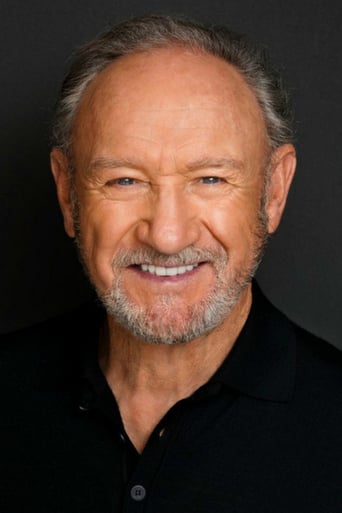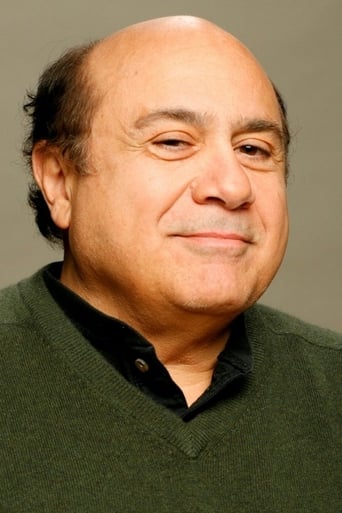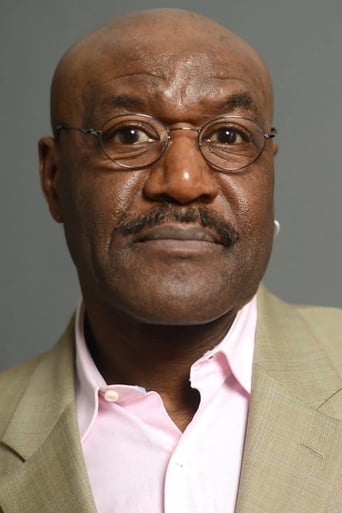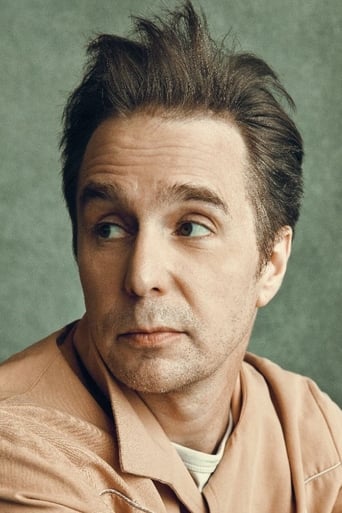Evengyny
Thanks for the memories!
BeSummers
Funny, strange, confrontational and subversive, this is one of the most interesting experiences you'll have at the cinema this year.
Portia Hilton
Blistering performances.
tao902
A group of criminals plan the theft of Swiss gold from an airplane but there is a gradual breakdown of trust between the protagonists. Joe decides to quit his gang and a life of crime after he has been caught on CCTV during a jewel robbery. However, Mickey, the crime boss, requires Joe and his accomplices to complete one last robbery. The film is given an edge through the tension between Joe and Mickey and the lack of trust amongst the gang members. A well made film but nothing particularly new here. The performances and dialogue are perhaps a little too slick. the plot is perhaps more complex than it needs to be.
jessegehrig
Forgettable. Talking tough. Another reviewer felt that writer/director David Mamet was 'trying too hard'--I feel that's being overly generous. The movie is silly. The characters are all so fanciful and pretentious yet are supposed to be gritty seasoned criminals. Mamet wrote and directed a farcical melodrama, the only thing missing was the music of a pipe organ accompanying each scene. It ends up being a lot of work to watch this movie because all the characters are so fake and the plot is so overwrought. Film Noir works best when done simply, just stark contrasts repeated until credits roll. Mamet focuses too much on words and the interplay between actors, all to the detriment of the set, the lighting, the editing and the overall tone of the movie. Its not a play, its a movie, don't film it as a play.
kai ringler
this wasn't a bad movie,, my main problem with it one or two many twists,, if they would have kept it to one or two twists,, but three or four,, made it very hard to follow,, that being said otherwise it was a decent film,,, Gene Hackman once again does not disappoint,, and it's always a pleasure to watch Delroy Lindo in action,, Danny DeVito is funny as ever,, after one heist,, the crew figures they are going to cash in.. wrong,, the mastermind has another job for them,, a retirement job.. well things don't go exactly as planned and double and triple crosses abound,, constant plot twists abound in this one . not a bad watch just better be one you're toes and pay attention if you want to follow along. .
tieman64
This is a review of "Heist" and "Spartan", two unconventional thrillers by David Mamet. Both films mark the beginning of Mamet's crypto-fascist period, in which he slid from angry left-winger to right-wing caricature. Henceforth his scripts would become obsessed with the aesthetics of toned bodies, knife-fights, semi-naked wrestlers, and US special agents who excel at taking down Arabs and head-shotting bad guys ("Spartan" would later be worked by Mamet into "The Unit", a TV series which follows a US Spec-Ops group).On the flip-side, working within the confines of genre (the heist movie in "Heist", the action movie in "Spartan") allows Mamet to perfect the kind of blunt functionalism he's been working toward throughout his career. And so both films feature extremely parred down dialogue, narratives which are barely told, professional characters who worship at the altar of efficiency, and minimalist dialogue which moves with a distinctly staccato, or almost perfunctory rhythm.Both films are also explicitly cinematic con jobs. Mamet, of course, has long been a director who approaches storytelling as an elaborate card trick, his films oft about magicians, hucksters or con artists. In this regard, both "Heist" and "Spartan" constantly defy audience expectations. Watch how Mamet very subtly subverts and plays with genre tropes, uses dialogue to mask and misdirect, how he approaches scenes from odd angles, every sequence always just a "little bit off", and watch how he continues his trend of casting comedians in serious roles. This mirrors the philosophy of both films' heroes, who rely on doing the unexpected. Take one scene in "Spartan", in which our hero repeatedly asks "Why's the TV on?", the nonsensical, repeated phrase designed to misdirect and scrabble the mind of his opponents. Such tactics result in an interesting hybrid: films which feel at once generic and off-kilter.Mamet is clearly more interested in professional mastery - a trait which his heroes share - than in the production of masterpieces. Indeed, after "Homicide", Mamet would write a book in which he explains his new film-making philosophy. From this point onwards he would strip his films down drastically. The result: simple lighting, direct dialogue, unfussed camera work and minimal music.Consider this line from Mamet's book: "Acting should be a series of simple physical actions. If the actor wants to know how he should walk to a door in the scene, the director should tell him, 'Go to the door,' and, if the actor presses on: 'Go to the door. Quickly.' Don't act. Don't emote. No motivation. No back-story. No character arc. No discovery. These are indulgences that cannot possibly be manifested physically. Just go to the door. Quickly. Cut. Print. Go home." Mamet's new found philosophy – which he calls "heightened logic" - perhaps offers an understanding into why his films are so mannered, why his stories all revolve around elaborate cons and why he's drifting toward pulpy genres.If on the surface Mamet's films tend to be about con-jobs, covertly they're all about Mamet's true passion: language. Language is often – if not inherently - selfish. To talk, especially in the way that Mamet's characters talk, is to con. Stunted half sentences and droning repetitions aren't there just for the fun of it. They are successful and less successful attempts at persuasion.In this way, you might say Mamet's films are all about words and syntax (his "Oleanna" stage-play would be about a kind of "word rape"). Post "Homicide", however, his directing style evolved in such a way as to eradicate everything that detracts from his words. By removing music, cinematography, acting, sound etc, you've essentially cancelled out the director's "vision". And after you've cancelled out a director's "vision" and an actor's "interpretation", nothing remains but the writer's prose.Elsewhere, Mamet's later films tend to be preoccupied with a kind of Zen like professionalism, a trait which he himself shares as a writer (his scripts are attempts to perfect the "word", to hone and purify one's personal skills). As such, his later films often feature an antagonistic bond between mentor and protégé, Mamet's younger characters always striving for the professionalism represented by the older mentor. We see this in both "Heist" and "Spartan", both films revolving around wise old timers who have neither the time nor the inclination to school the less-seasoned buffoons around them. "Spartan", incidentally, is a loose remake of Mamet's script for "Ronin". Both films are "named" after ancient warriors, and feature highly skilled, lone wolf heroes. In "Spartan" we have Val Kilmer as a machine-like guy hell bent on finding a kidnapped girl ("Where is the girl?" he repeatedly says, his phrase uttered like dispassionate machine code), and in "Ronin" we have Robert DeNiro as an ex special forces agent determined to retrieve a mysterious case.Unfortunately, both "Heist" and "Spartan" end with unimaginative shoot outs. Such routine endings are somewhat common in Mamet's work.8.5/10 - Worth multiple viewings.









